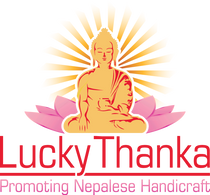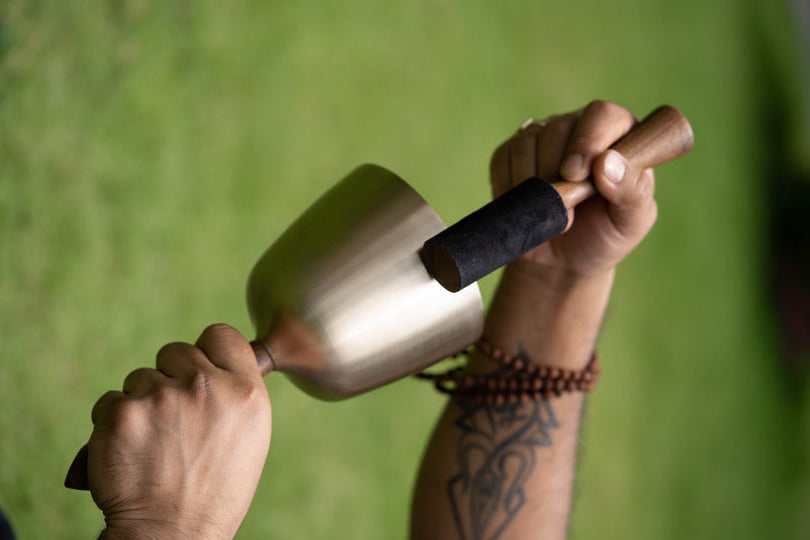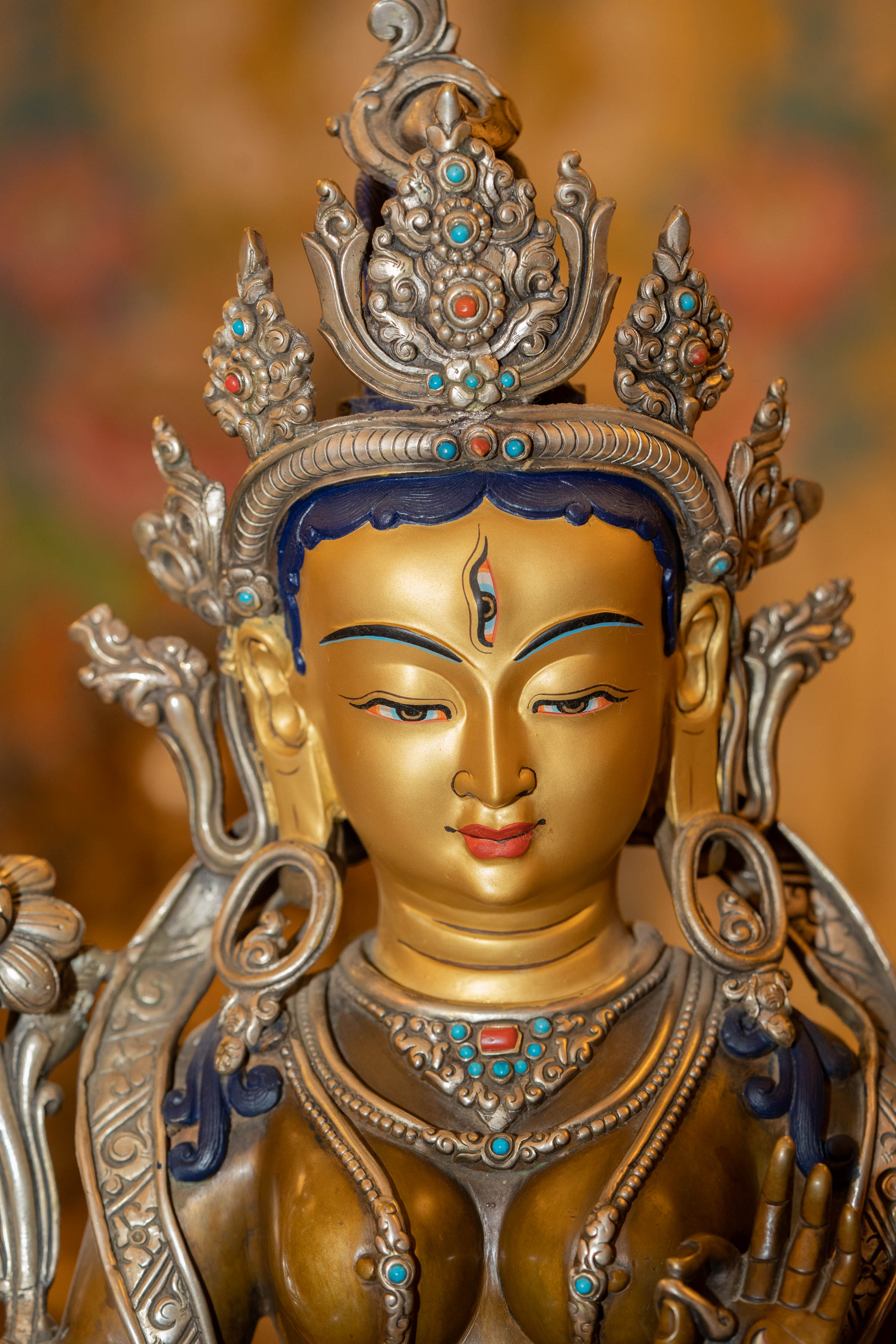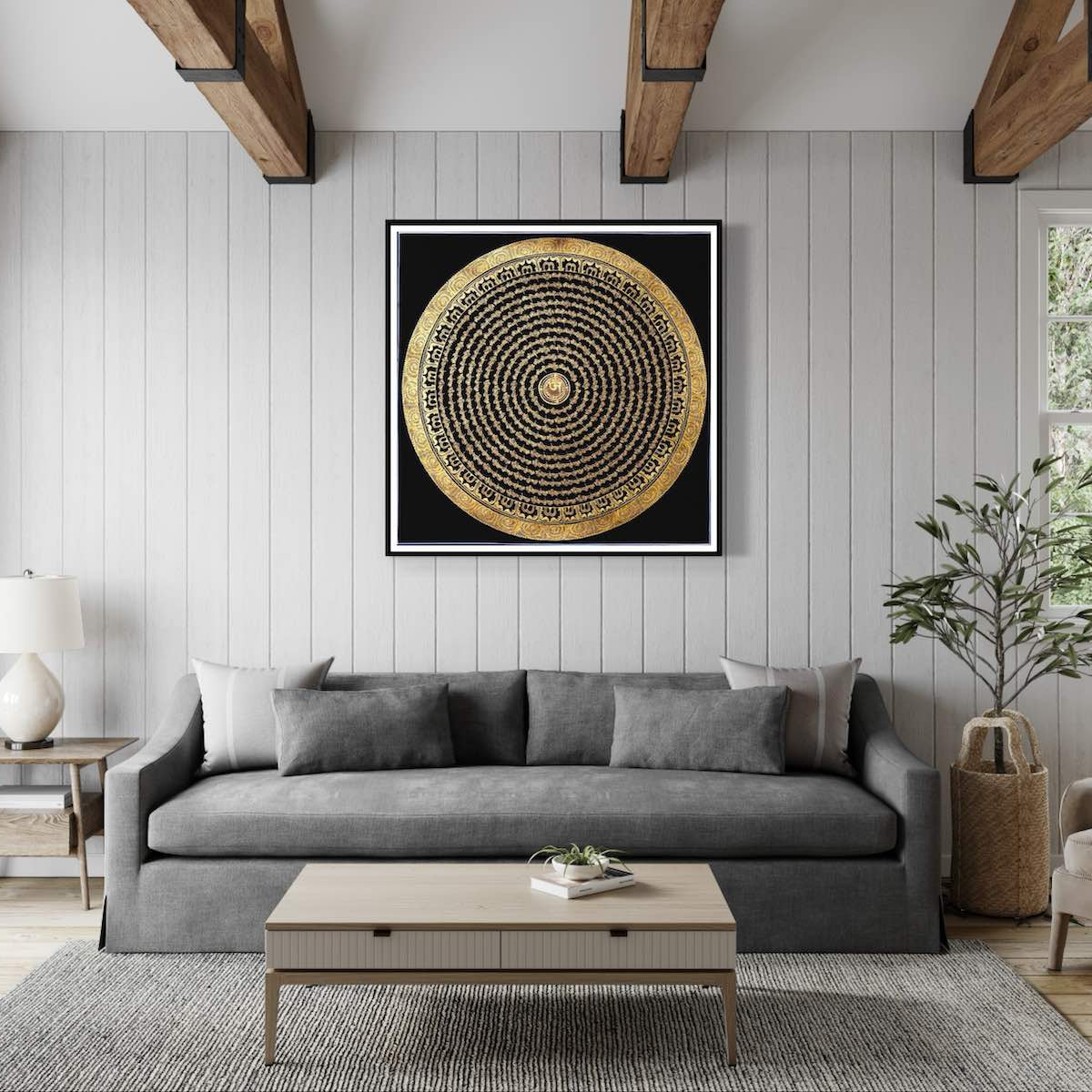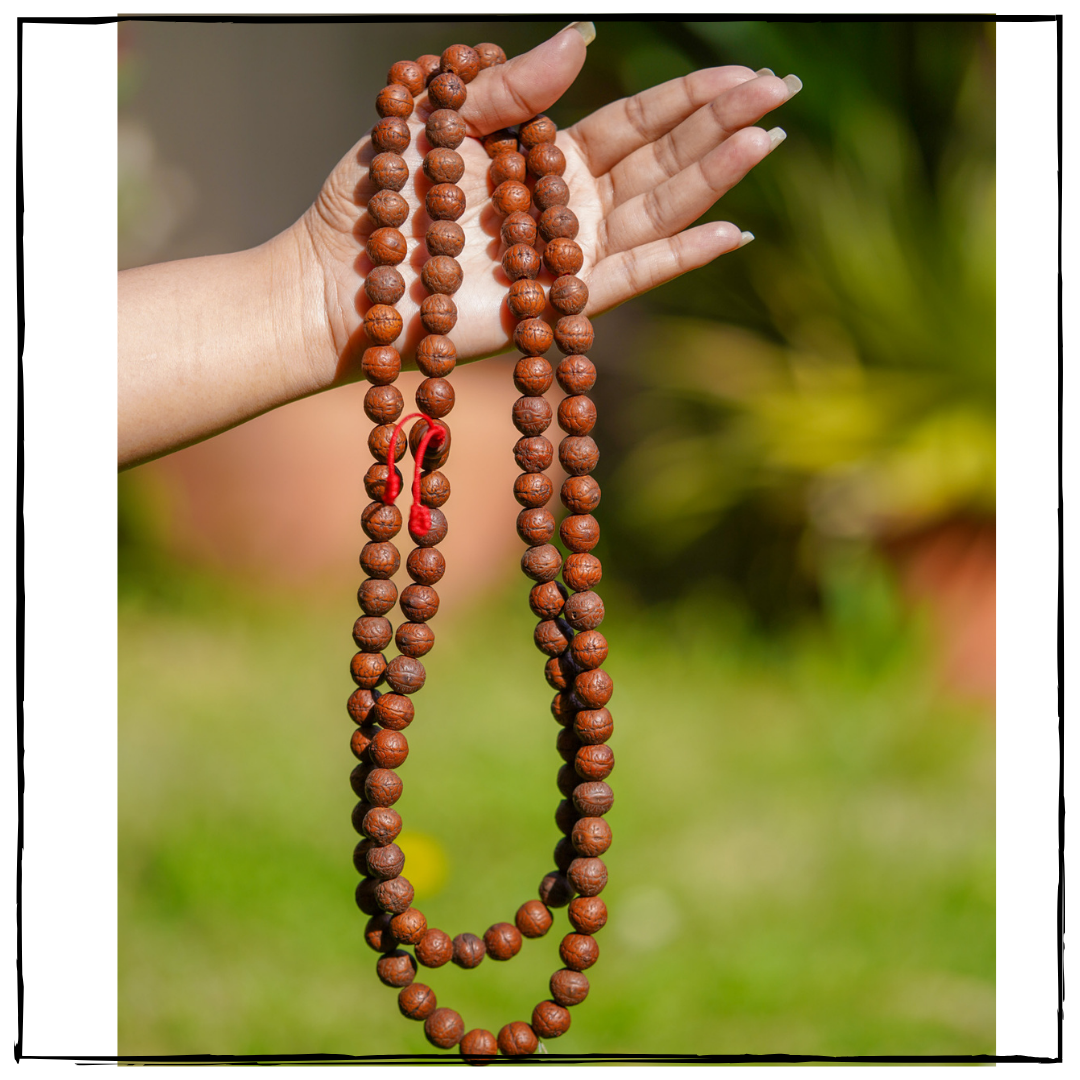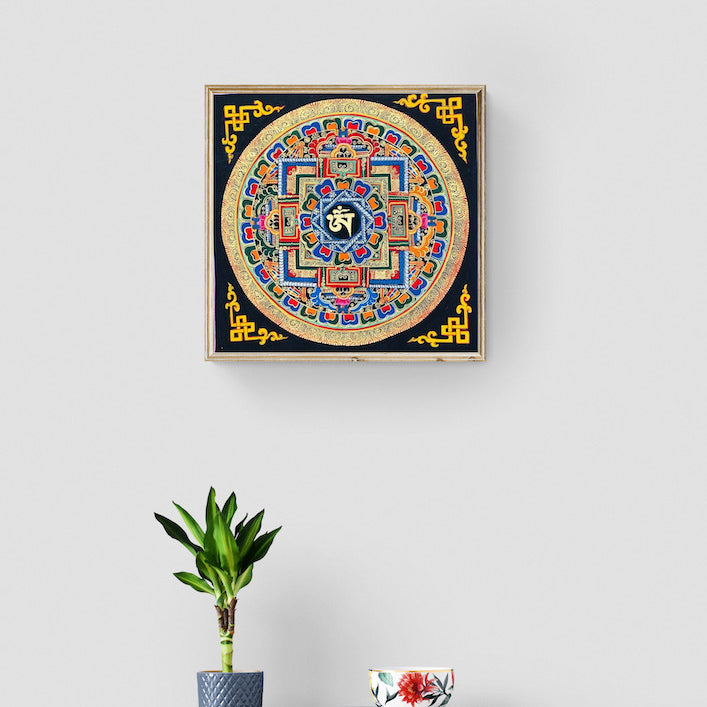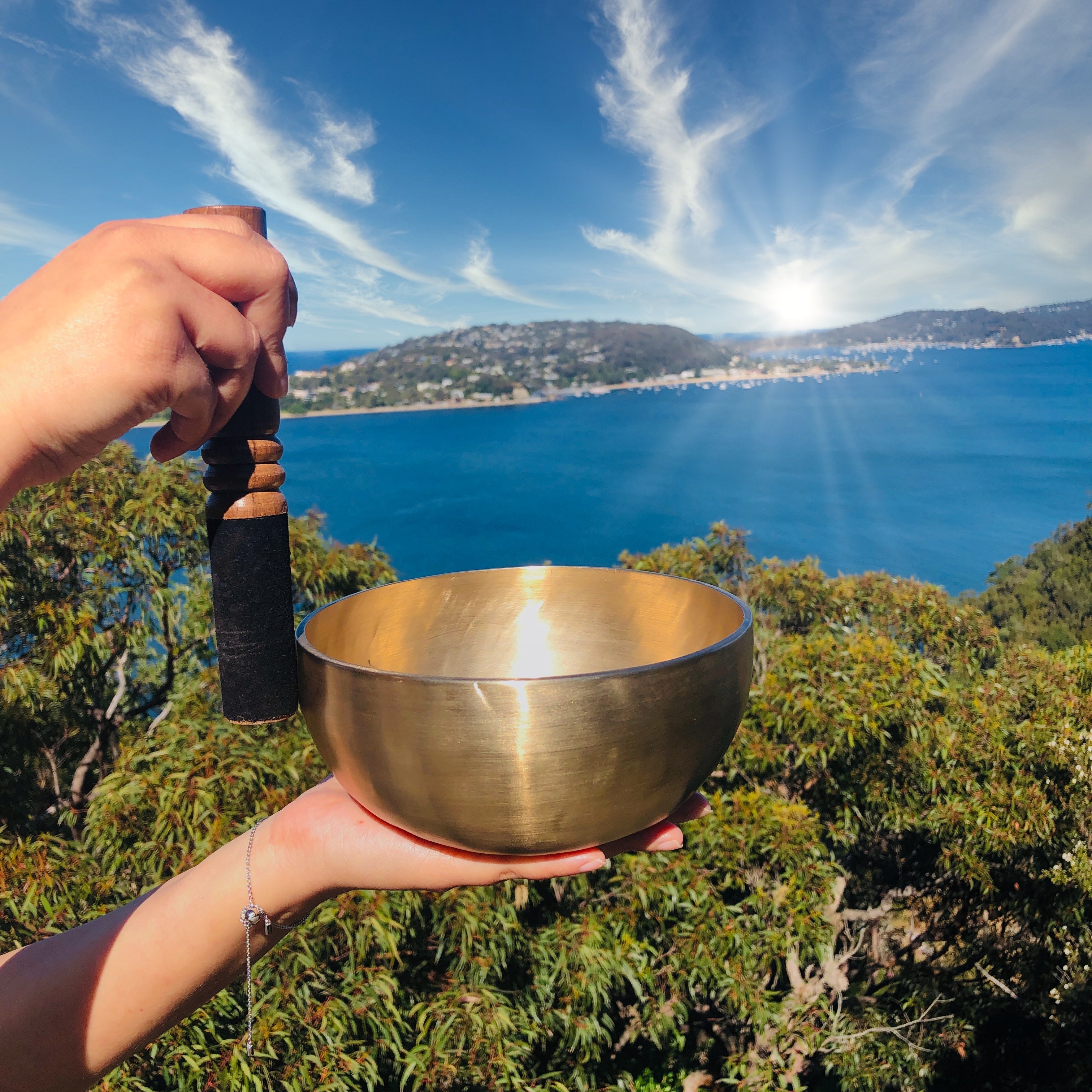White Tara Tibetan Thangka Art
Description
Thangka Painting of a White Tara for Spirituality, Meditation or for your home. All Thangka Paintings at Lucky Thanka are genuine hand painted from Nepal by highly skilled lama artists. Painted on cotton canvas using natural stone color and other materials like gold, silver other semi precious minerals. The White Tara can be a great tool for meditation to transform and purify our Body, Speech and mind. These art can also be a very beautiful wall hanging decoration ideas for your home and office.
Specification:
- Hand Painted
- Master Quality Thangka Painting
- Materials: Semi-Precious Natural Minerals, Pure Gold
- Base: Cotton Canvas
- Origination: Nepal
White Tara is the female Bodhisattva of compassionate activity. She is said to see all suffering and respond to requests for help. She sits cross-legged in meditation on a lotus, which symbolizes purity.
She has more than two eyes! She has a third eye in the center of her forehead, symbolizing the awakening of her vision as an enlightened being. She also has eyes in the palms of her hands and on the soles of her feet. These symbolize the fact that although she offers help in the world, she does not do so blindly, but is able to help people move toward awakening.
Mantra:OM TARE TUTTARE TURE SOHA. Means liberating from SAMSARA. TARE shows that Mother Tara liberates living beings from samsara, from true suffering, or problems. TUTTARE, liberates you from the fears. The third word, TURE, liberates you from disease.

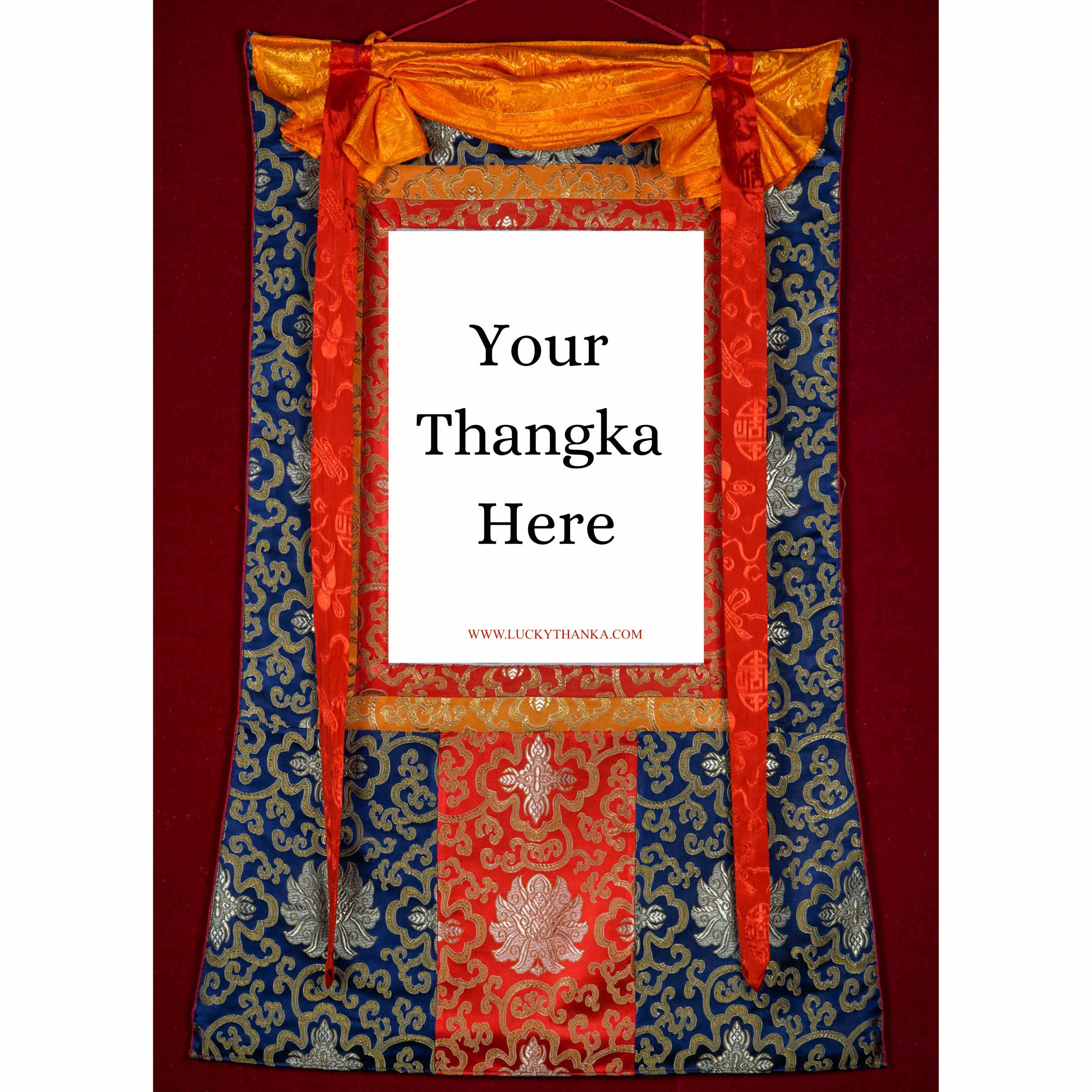
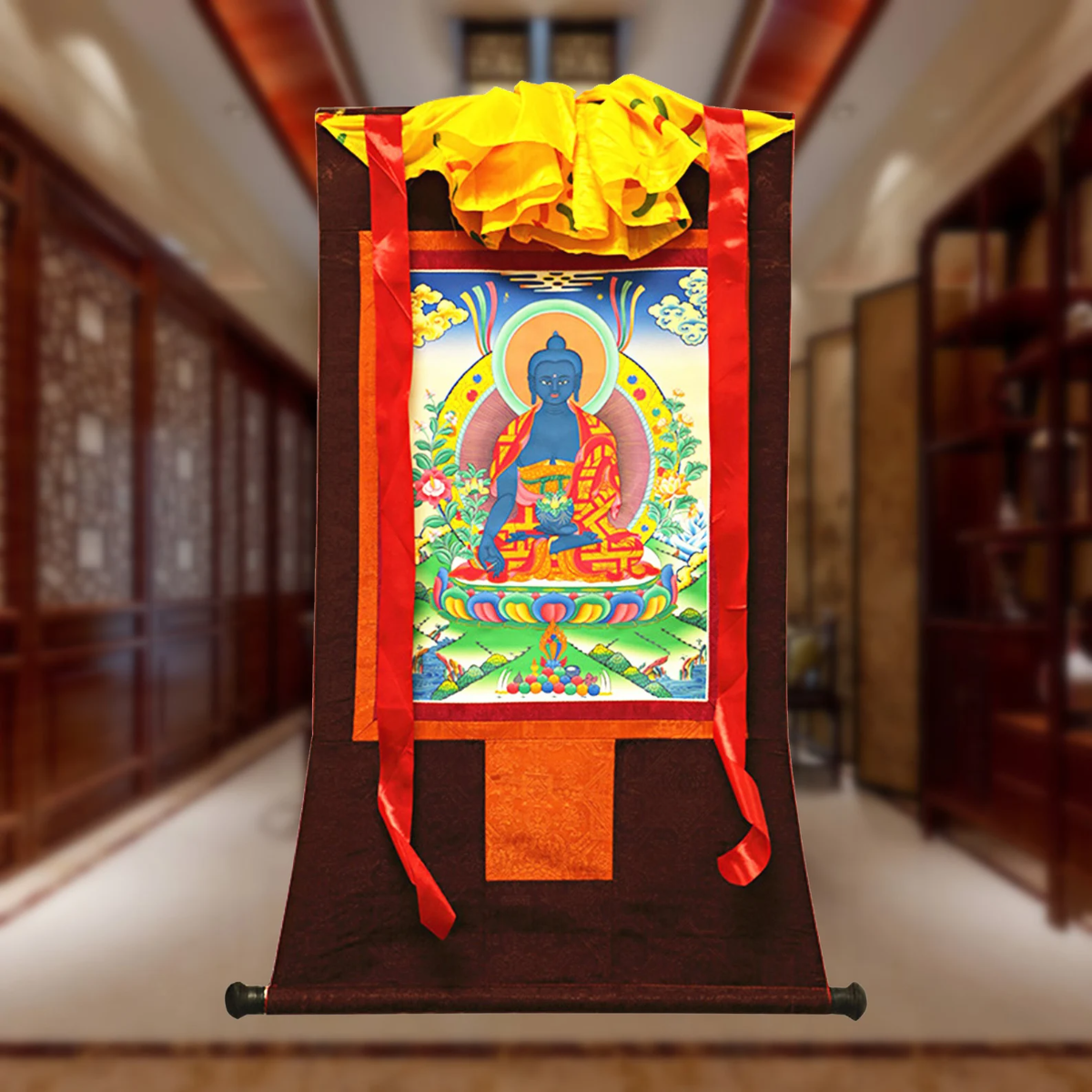
Hand Embroidery Brocade
Want to add a Brocade to your beautiful Thangka Painting? Traditional Style Brocade has been one of the most popular form of mounting as it has a greater religious merit.
Note: Make sure you have added the Thangka to your cart first.
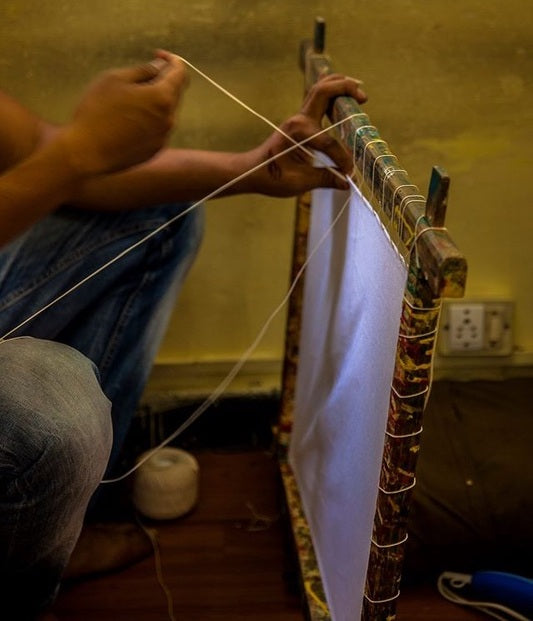
100% Cotton Canvas
Preparing the Cotton canvas before starting to paint a Thangka. This process includes washing, drying, stretching, sizing and everything needed to make a perfect base for the thangka to last for centuries.
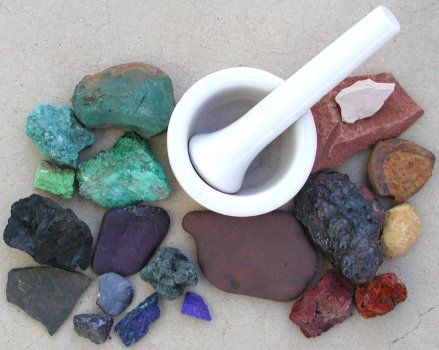
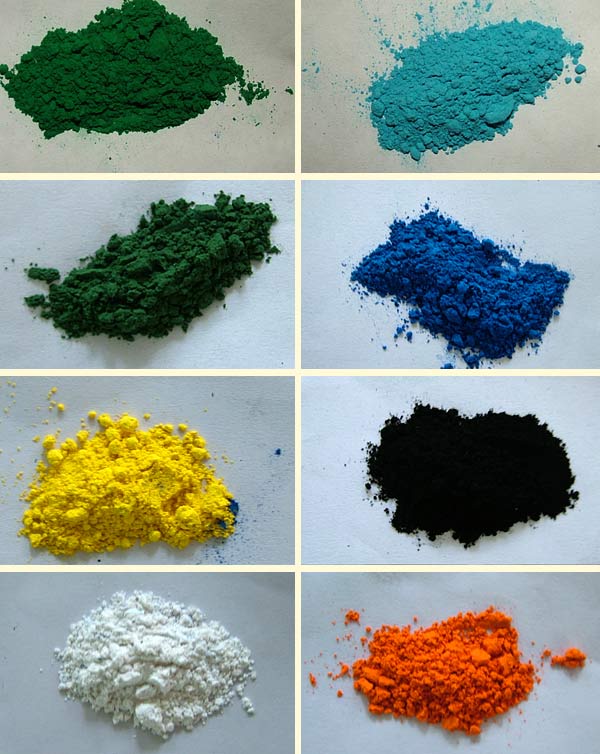
Natural Minerals
Thangka Paintings are painted using the natural minerals. These are firstly grind into the powder form and then used in the thangka as a paint.
